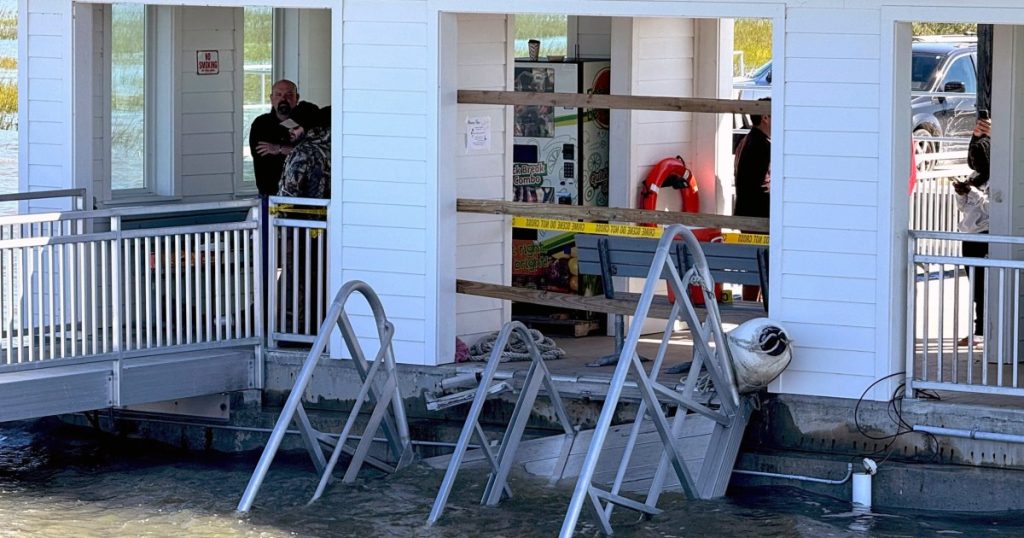On Saturday, seven people in their 70s and 90s were killed in a gangway collapse on Sapelo Island, Georgia during a celebration of Gullah Geechee history. Among the deceased were Jacqueline Crews Carter, Cynthia Gibbs, Charles L. Houston, William Johnson Jr., Carlotta McIntosh, Isaiah Thomas, and Queen Welch. The collapse occurred while about 700 people were on the island to observe the unique blend of African culture and American life. Authorities reported that about 20 individuals fell into the water when the gangway leading to the island’s Marsh Ferry Dock gave way.
The Department of Natural Resources Commissioner, Walter Rabon, described the collapse as a “catastrophic failure” and said investigations were underway to determine the cause of the incident. The structure was recently rebuilt in 2021 and underwent regular inspections. Witnesses at the scene described a chaotic scene as bystanders and officials tried to rescue those in need. Some individuals required hospitalization for critical injuries sustained during the collapse. The U.S. Coast Guard and local authorities conducted search operations to ensure everyone involved was accounted for.
Sapelo Island is separated from mainland Georgia by the Duplin River and is primarily controlled by the Department of Natural Resources. The island’s population includes a Black enclave known as Hog Hammock, which serves as a rare outpost for the Gullah Geechee people. Hog Hammock residents have been engaged in a legal battle with the county government over attempts to displace them through taxes and regulations favoring luxury accommodations. Residents believe these efforts are jeopardizing the survival of the Gullah Geechee community on the island.
J.R. Grovner, a resident of Hog Hammock, raised concerns about the safety of the gangway months prior to the collapse, stating it was unstable even with minimal weight. The community previously filed a lawsuit against the county over regulations that could threaten their way of life but had been dismissed. There have been efforts to overturn the county’s regulations through a referendum, which have faced legal challenges. Residents are seeking intervention from the state Supreme Court to address these issues and protect the Gullah Geechee community on Sapelo Island.
Despite the tragedy, survivors and community members are rallying together to support those impacted by the collapse. Grovner emphasized the need for a federal investigation into the incident and expressed solidarity with the families of the victims. The Gullah Geechee people have a long history of resilience and resistance, and they are determined to protect their cultural heritage and way of life. The recent events have reignited calls for greater recognition and preservation of the Gullah Geechee community on Sapelo Island.












